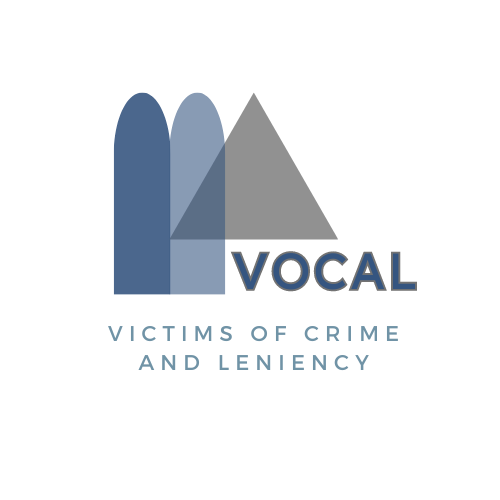About Us


Quenette Shehane


Balancing the Scales of Justice
About V.O.C.A.L.
Victims of crime do not belong to any one socioeconomic class of citizens. Crime victims do not belong to one race, religion, or sex. You can be a victim of a crime if you are young, old, employed, unemployed, or retired. Crime affects every citizen, either by being an actual victim of a crime, a family member of a crime victim, or the costs to society at the loss of human life, injury to persons, and stolen and damaged property.
VOCAL – Victims of Crime and Leniency – is a non-profit organization established in 1982 to assist victims of crimes and their families as they travel through a criminal justice system that is foreign to them and not a road they sought to travel. VOCAL’s founder was Miriam Shehane became involved in the criminal justice system after her daughter, Quenette Shehane, was brutally murdered in Birmingham in 1976. Miriam found that the justice system had no place for victims in it and she took on a lifelong mission to change that for others.
In 1976, Miriam learned that victims and their families had no right to be present in the courtroom during hearings or trials. She also found that there was no requirement that victims or their families be contacted about those hearings and trials, or to be contacted for parole hearings for convicted inmates. Miriam organized other survivors to join her efforts to have legislation passed that would address the rights of crime victims. The Courtroom Attendance Act and the Parole Notification bill were passed in 1983. Due to the efforts of Miriam and VOCAL, the rights of victims or their families to be present and notified are now enshrined in the Alabama Constitution: “§ 6.01. Basic rights for crime victims: (a) Crime victims, as defined by law or their lawful representatives, including the next of kin of homicide victims, are entitled to the right to be informed, to be present, and to be heard when authorized, at all crucial stages of criminal proceedings, to the extent that these rights do not interfere with the constitutional rights of the person accused of committing the crime.”
In the three reported quarters of 2023 – 2024, VOCAL had contact with 1,341 individuals to provide services. Of those, 585, or nearly 44%, were aged 60 and over. VOCAL’s victims’ advocates assist individuals by attending trials and hearings with them, advocate against the release of inmates or the pardoning of convicted criminals in parole/pardon hearings, and assist individuals with information, support, and referrals based on their individual needs. On average, over 500 letters of parole protest are written each year and VOCAL’s advocates appear at parole/pardon hearings every day the Parole Board meets to protest in cases where a violent crime – murder, assaults, robbery, rape, sexual abuse of a child, – was committed and a person was either harmed or was threatened to be harmed.
VOCAL also makes presentations regarding victim advocacy to groups and organizations on how they may effectively help crime victims. In 2023 – 2024, VOCAL staff members presented a class on advocacy for crime victims to over 300 hundred law enforcement cadets at police academies across Alabama to inform incoming police officers of the nature of victim advocacy. Additionally, each year during Crime Victims’ Awareness month in April, VOCAL hosts a candlelight vigil for victims of crime and their families in Montgomery and participates in events across the State that recognizes crime victims’ courage and resilience.
VOCAL serves crime victims throughout Alabama. If you would like more information about VOCAL, please contact Executive Director Wanda Miller at: wmiller@vocalonline.org., or visit vocalonline.org for more information.
